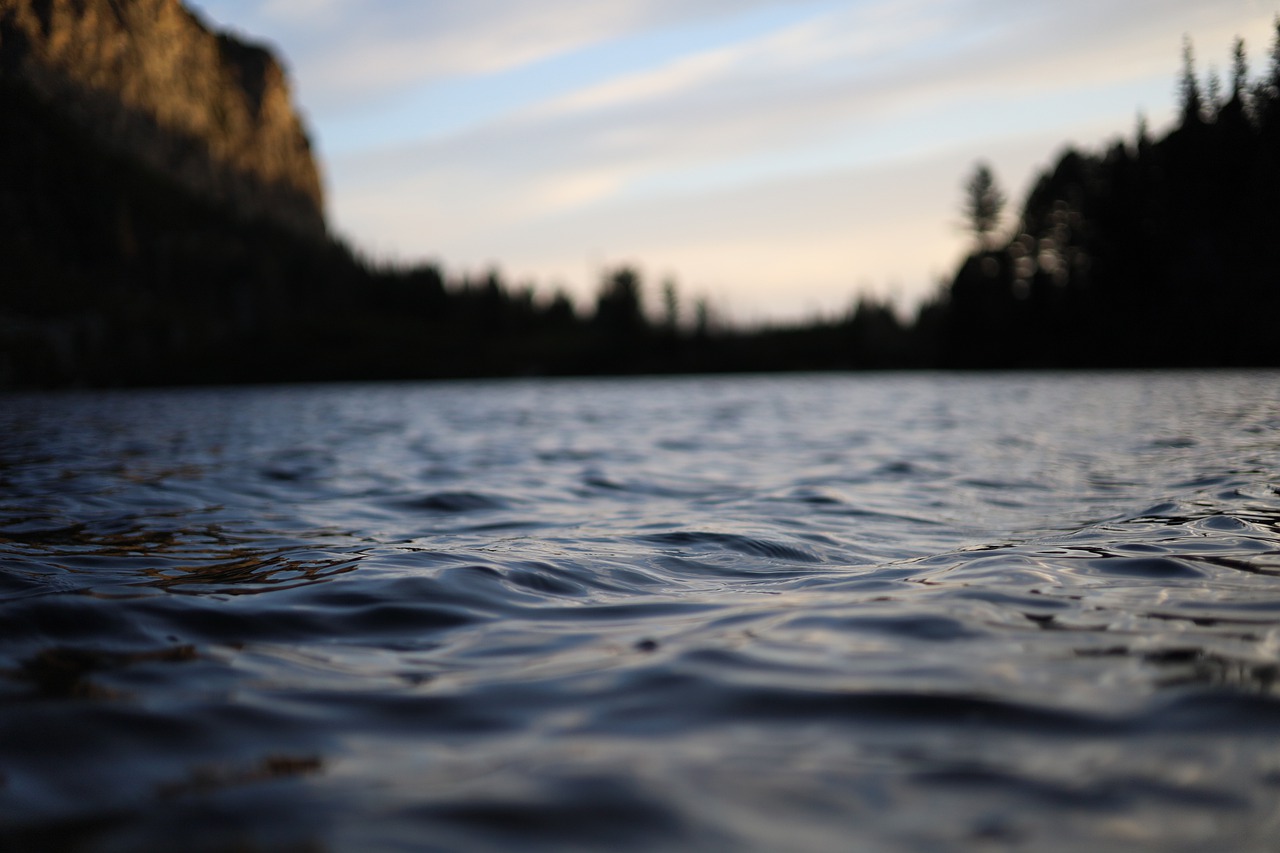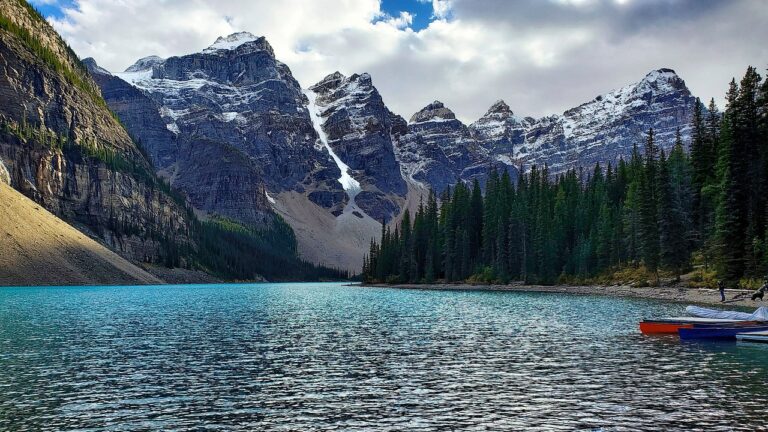Exploring the World’s Coral Reefs: Snorkeling and Diving in Marine Biodiversity Hotspots
Coral reefs are vibrant underwater ecosystems teeming with life. These diverse habitats are built by tiny sea creatures called coral polyps, which over time form large and intricate structures that provide homes for numerous marine species.
Due to their breathtaking beauty and incredible biodiversity, coral reefs attract millions of tourists each year, supporting local economies and providing livelihoods for many coastal communities. However, these delicate ecosystems are facing significant threats from climate change, pollution, overfishing, and other human activities, putting their survival at risk.
Importance of Coral Reefs in Marine Ecosystems
Coral reefs play a crucial role in maintaining the delicate balance of marine ecosystems. These diverse ecosystems support a wide range of marine life, from colorful fish to microscopic organisms. The complex structure of coral reefs provides shelter, food, and breeding grounds for countless species, contributing to the overall biodiversity of the oceans.
In addition to supporting marine life, coral reefs also serve as natural barriers that protect coastlines from erosion and storm damage. The intricate formations of coral reefs help dissipate wave energy, reducing the impact of storms on coastal communities. Furthermore, coral reefs are vital in carbon and nutrient cycling, playing a significant role in regulating the health of the oceans and the overall climate system.
What are coral reefs?
Coral reefs are underwater structures made up of calcium carbonate secreted by corals. They are home to a diverse range of marine species and are often called the “rainforests of the sea.”
Why are coral reefs important in marine ecosystems?
Coral reefs provide habitats for a wide variety of marine life, including fish, invertebrates, and plants. They also help protect coastlines from erosion and provide valuable resources for local communities.
How do coral reefs contribute to biodiversity?
Coral reefs support one-quarter of marine species, despite covering less than 1% of the ocean floor. They are crucial for maintaining biodiversity in marine ecosystems.
What role do coral reefs play in the food chain?
Coral reefs serve as nurseries and feeding grounds for many species of fish and other marine animals. They are an essential part of the marine food chain.
How do coral reefs benefit humans?
Coral reefs provide valuable ecosystem services such as fisheries, tourism, and protection from storms. They also contain compounds that have been used in the development of new medicines.
How are coral reefs being threatened?
Coral reefs are facing threats from climate change, pollution, overfishing, and destructive fishing practices. These factors are causing coral bleaching, disease outbreaks, and habitat destruction.
What can be done to protect coral reefs?
Conservation efforts, such as marine protected areas, sustainable fishing practices, and reducing carbon emissions, are essential for protecting coral reefs. Individuals can also help by reducing their carbon footprint and supporting responsible tourism practices.





